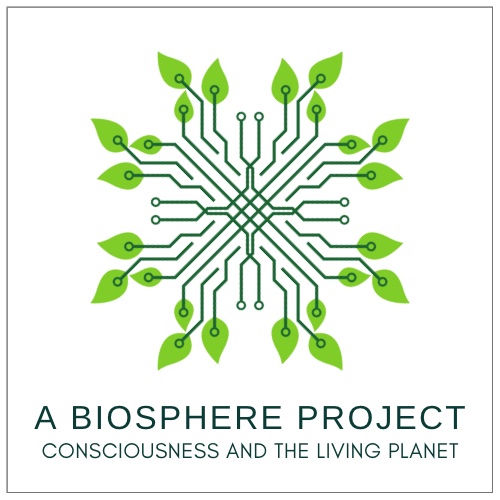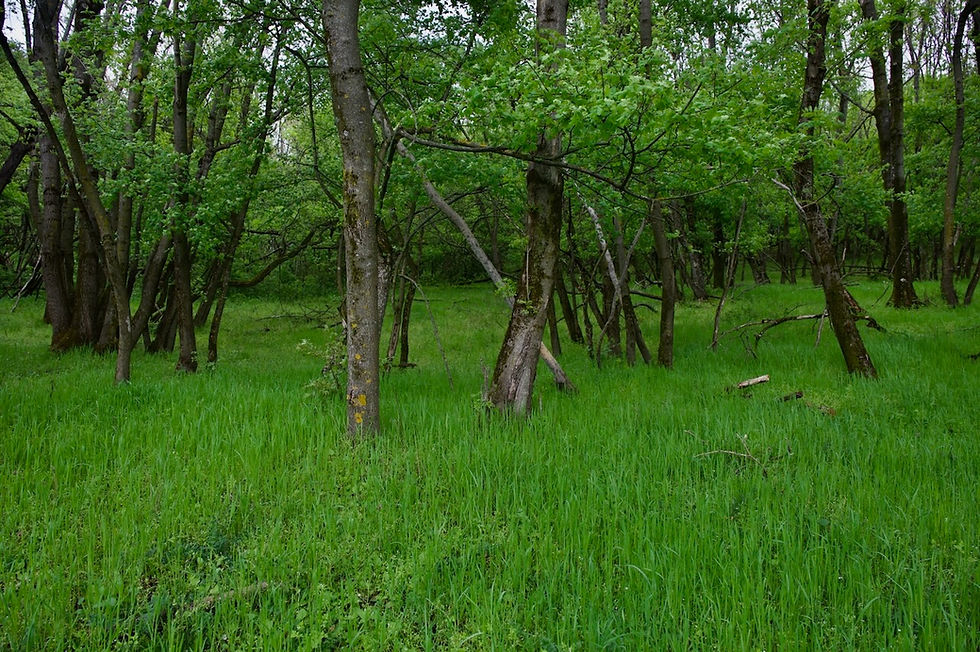Greta (Hope, part 2)
- filipvk
- Aug 8, 2022
- 5 min read
Updated: May 30, 2025
“We can no longer let the people in power decide what is politically possible. We can no longer let the people in power decide what hope is. Hope is not passive. Hope is not blah, blah, blah. Hope is telling the truth. Hope is taking action. And hope always comes from the people.”
Greta Thunberg

Dear friends,
in the previous post, the first of a series of shorter reflections regarding the biosphere crisis, I indicated that each of us has the opportunity to contribute something to a global response to the many ecological crises unfolding on our planet. And in doing so, I argued that we cannot rely on our governments to ultimately do what is necessary to address this convergence of ecological crises because governments and institutions are too closely intertwined with the systems that need to change. I argued that we can all be part of initiating the changes that will be needed, rather than waiting for 'someone else to fix it'.
Change will have to come from the bottom up, as it has so often in history.
From the people, meaning thus you and me.
Those of you who are already doing something, and who are in some way already committed to helping formulate a response to the gigantic ecological and other challenges we face, the planet will thank you - and with the planet our children and grandchildren.
Those of you who have no idea what you might mean in or contribute to the transitions to come, I want to offer you inspiration and encouragement from my perspective in this blog, and in future installments I will offer suggestions related to the opportunities each of us has to help shape and accelerate those transitions.
I was also talking about Greta Thunberg, the Swedish schoolgirl who single-handedly inspired and galvanized a global climate movement, against all reasonable odds.
As a fifteen-year-old schoolgirl with no exceptional knowledge, influence, or special abilities, she could just as easily have given up even before she began her Friday school strikes in front of the Swedish parliament. She could also have given in to despondency, lack of faith in her own abilities, and the kind of passivity to which we all succumb to to a greater or lesser degree. She could also have chosen to look away and live 'carefree' like her peers, instead of giving herself fully to an initiative that seemed doomed to be futile from any'reasonable' point of view.
But for some reason, she dedicated herself to this initiative, embarking on an undertaking that most sensible adults would have assured her would be futile and have no significant consequence. Reasonableness and common sense also have their limitations, it has been proven once again. We must dare to assume that the impossible is not only possible, but even probable. If only we dare to put our shoulders to the wheel. Greta has proven that, as have so many visionaries and activists before her.

One aspect of Greta's action is that she herself, of course, lives what she preaches.
She has changed her own behavior and habits to reduce her own ‘ecological footprint’. This, of course, is essential: if Greta were not consistent in that regard, her message would have no effect.
One of the comments that activists often receive from reasonable and sensible people is that if you want to improve the world, you have to start with yourself first.
In itself, there is nothing to argue with that: indeed, we all need to sweep our own doorstep first.
But this truth should not prevent us from looking beyond: Greta did not stop there either. She could also have chosen to merely change her own behavior, and reduce her own "ecological footprint", without publicizing it, as so many do in silence.
But then she would never have had that impact on the global shift in consciousness that has inspired millions and given hope and vigor, and which has also already had a major political impact at the European and even global level.
'Improve the world, start with yourself', yes, but that is the beginning and not the end. All the more so because a large part of the problem does not have to do with our own individual behavior, but with the nature of global systems that can only be tackled with a global political and social revolution.

Tens of millions of people are already quietly changing their own choices about food, energy, mobility, consumption, travel, and so on. Many of these people are doing that in a a wonderful way, conscientiously, with integrity and a great love for the world.
Yet much more is possible and necessary. It is not enough to improve yourself: we can and must do everything we can together to improve the world. We can and must 'infect' each other with hope and vigor, as Greta has inspired so many. We can and must challenge each other, our governments and institutions to initiate the great changes that will be necessary to keep our planet livable.
Yes, Greta has done a great deal to dramatically reduce her own ‘carbon footprint’, but her impact on shifting global awareness of the climate crisis is a result of her actions helping to change, inspire and galvanize public consciousness into action. And that collective impact is currently far more important to the planet than what she has done to reduce her own personal impact on it. Although as already mentioned, one cannot exist without the other, and her message would have had little or no effect if she herself did not adhere to what she preached. They are both sides of the same coin. We cannot expect change from the system if we are not prepared to change ourselves.
And each of us, in our own way, can contribute something to shifting the collective. Every action and intention has an effect, even on a 'small' and 'local' scale (the words based on misunderstanding). But we must also remember that we can never be sure how great the effect of our intentions and actions may be. That effect can be much greater than we expect beforehand. Intention has a power that should not be underestimated (and we constantly underestimate that power, for reasons I will also return to).
If we all continue to assume that our intentions and actions can have no effect or consequence, they will have none. If, like Greta, we choose to believe against 'common sense' that much more is possible than what we have been able to imagine so far, it will be so. We create what we believe.
Let us all start to believe something else about our strength and possibilities, even and especially when the situation seems hopeless.
In the next blog posts, more on the opportunities for each of us to contribute something to the shift of the collective, and also more on two phenomena that can help make the impossible possible: exponential growth and the ‘domino theory’.
Thank you for reading, until the next episode,
All the best to you,
Filip




